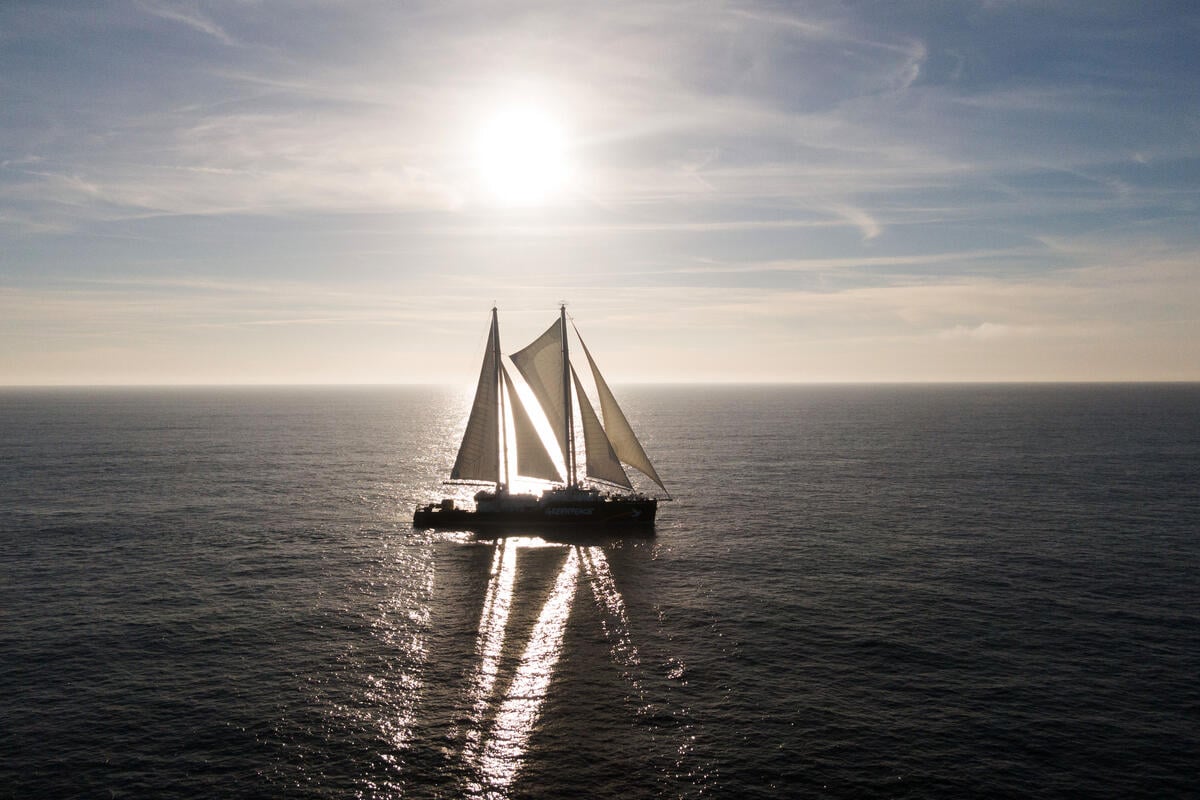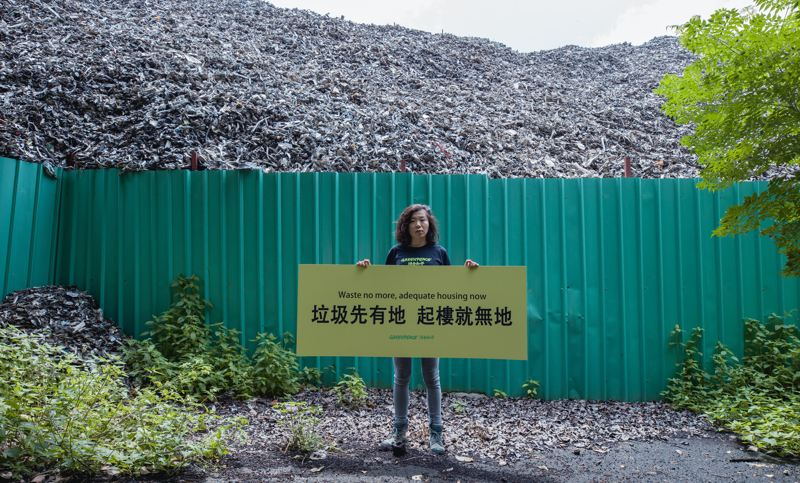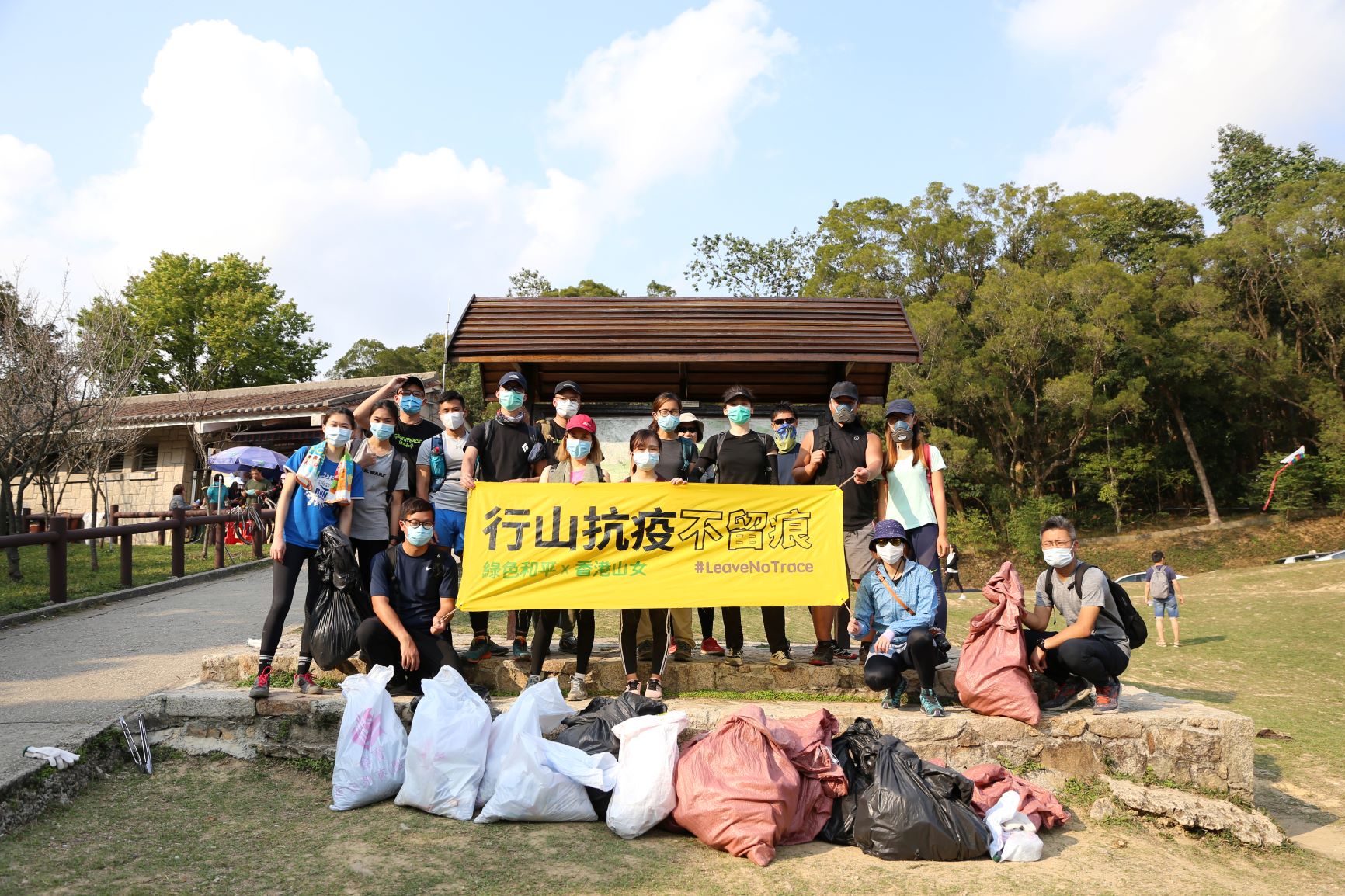“Water pollution in China is every bit as serious an issue as air pollution,” said Greenpeace East Asia toxics campaign manager Ada Kong.
“It is a positive sign that the Ministry of Water Resources acknowledges the extent of the problem. The next step is to take serious action to tackle this crisis.”
In 2011 the National Groundwater Pollution Prevention Plan promised 34 billion rmb to tackle water pollution. In the ‘Water Ten’ action plan, issued April 2015, the Ministry of Environmental Protection (MEP) pledged to control water quality deterioration by 2020. Currently, however, the roles and responsibilities of the MEP and the MWR in these plans are unclear. Coordination between the two ministries must be strengthened.
This is the first time that the MWR has included groundwater quality into its monthly groundwater report. Collecting such information and making it public is a step in the right direction. However, the testing does not take deep groundwater, which many urban areas rely on, into account and is not coordinated with the MEP’s groundwater tests.
Groundwater pollution is a massive problem in China which is in urgent need of attention. Greenpeace East Asia urges the government to include deep groundwater in its testing. Crucially, MEP and MWR cooperation must be both clarified and strengthened. Greenpeace East Asia will continue to monitor the government’s progress in achieving the targets of the National Groundwater Pollution Prevention Plan and ‘Water Ten’.
Media contact:
Tom Baxter
International Communications Officer, Greenpeace East Asia
email: [email protected]
phone: +86 188 1134 4861
Greenpeace International Press Desk
Email: [email protected]
phone: +31 (0) 20 718 2470 (available 24 hours)
Greenpeace stands for positive change through action to defend the natural world and promote peace. We are a non-profit organisation with a presence in 40 countries. To maintain its independence, Greenpeace does not accept donations from governments or corporations but relies on contributions from individual supporters and foundation grants.www.greenpeace.org/eastasia



